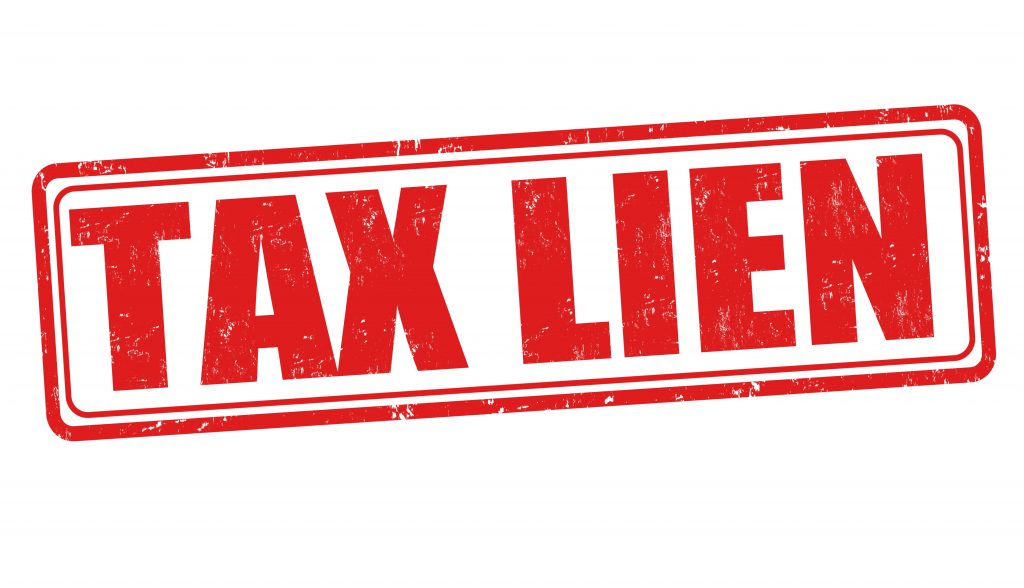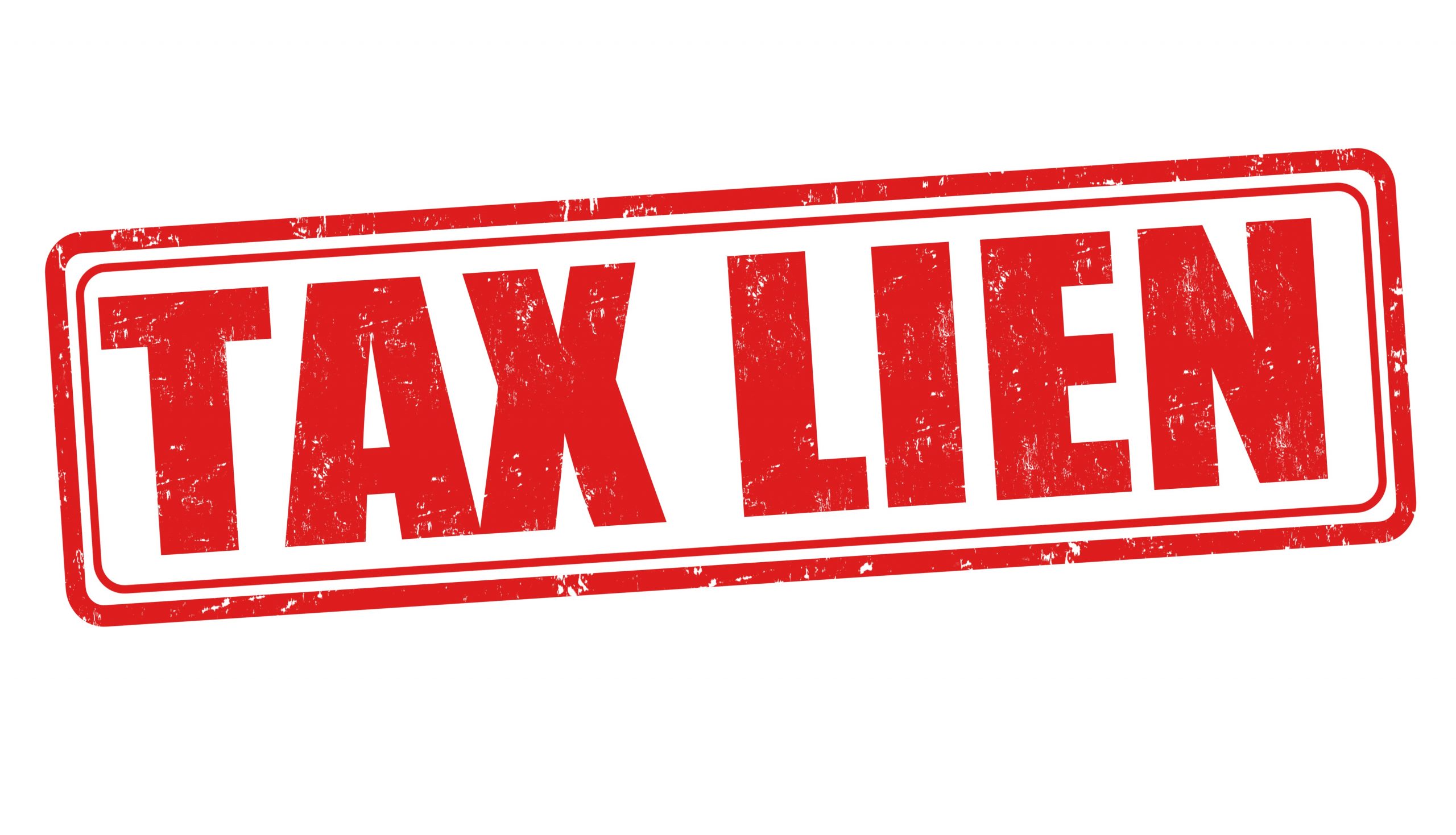
As Benjamin Franklin famously said over 200 years ago, “nothing is certain but death and taxes.” Even today, this quote still rings true. While countless Americans have tried to avoid paying their taxes, everyone must pay in the end.
But what happens when you neglect to pay taxes? The IRS has many tools in their arsenal, but the most common in this situation would be a tax lien.
What Exactly is a Tax Lien?
A tax lien is a judgment filed by the Tax Commission against a taxpayer’s real or personal property when they neglect or refuse to pay a Utah tax balance. This lawful claim against your property safeguards a taxing organization’s interest in your possessions.
This lien does not take the property away from you, it simply means that the government is securing your property against any debts you might owe. Typically, they are only filed after multiple attempts by the taxing agency to collect the taxes owed.
Tax authorities are not required to go through the court to impose a tax lien. If a taxpayer does not pay what they owe, the government may take the liberty to unload the asset(s).
Utah is a tax lien state: if any individual or business fails to pay their Utah state taxes, the Utah State Tax Commission (USTC) may file a tax lien. Any taxpayer that owes taxes may have a lien filed against them in Utah if they fail to pay or show a good faith effort of repayment.
What is a Tax Levy?
A tax levy is a legal seizure of your property to satisfy a tax debt. A tax levy is a bit more severe than a tax lien, working as an ultimate choice to collect money where traditional approaches have been unsuccessful. The execution of a tax levy is when the government exercises the rights secured by a tax lien.
A few possessions that may be taken to fulfill your debt include property or real estate, various finances from personal accounts, current or future wages, and vehicles. The federal government can also commandeer your federal and state income tax refund checks as well.
The IRS and the Utah State Tax Commission have the right to levy up to 100 percent of any asset that you or your business may own to collect on your tax debt. Similar to a lien, the tax authority does not need to go through a court to levy your property.
How a Tax Lien Can Affect You
A tax lien can have a significant negative impact on your financial well-being and overall health. A tax lien is considered to be a public filing. So, anyone who conducts a search on you or your business can see that a tax lien has been filing against you, including the sum owed and the assets affected.
Tax liens also appear on consumer credit as well as business credit reports. A lien can impact your credit score, making it significantly more difficult for you to qualify for a credit card or loan.
A tax lien that is filed against your business or your home can make it more difficult for you to sell a particular property. Property buyers will very often conduct a search for any tax liens and will often refuse to make an offer until the lien has been withdrawn.
How to Avoid a Tax Lien
The easiest way to avoid receiving a tax lien is to continually pay your taxes. If you happen to be remiss on your taxes, it is recommended to contact a tax accountant to receive help in dealing with your unique situation.
Perhaps the most detrimental action you can take would be to ignore communications from the IRS or USTC. If you owe taxes towards these agencies, it is best to take a proactive approach towards dealing with the situation. Taxing agencies, above all, just want to settle the dispute by being paid what they are owed.
It is important to be realistic about what you can pay. If you are having trouble budgeting or agreeing upon a particular amount, it may be advisable to contact a tax consultant.
What if I Need Help with my Tax Lien?
Receiving a Notice of Lien can be a very stressful thing for most people. The good news is that help is readily available.
While talking to the IRS or USTC may be daunting or stressful, having someone in your corner can turn the tide of this important financial dispute.
Contact a trusted Cedar City UT, tax accountant today to help with tax liens or levies.






